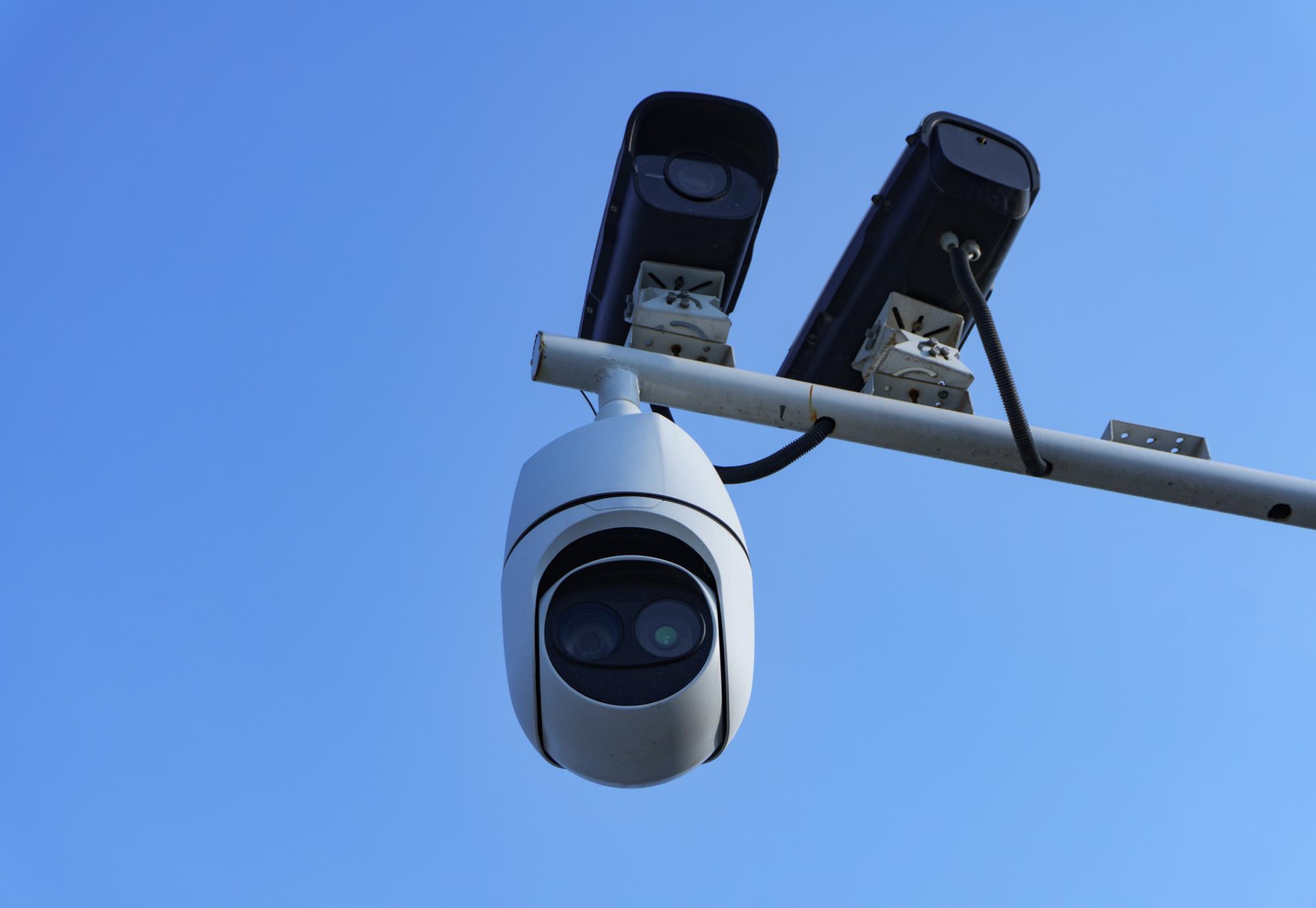Residents across Greater Manchester are being asked to take part in a six-week public consultation on a proposal to transfer control of former Clean Air Zone ANPR (Automatic Number Plate Recognition) cameras to Greater Manchester Police (GMP). The aim is to enhance crime prevention, improve community safety, and support victims more effectively.
Originally installed for a Clean Air Zone charging scheme—which is no longer going ahead—the cameras could now be repurposed to support policing efforts. Currently, GMP can access data from these cameras, but must request permission from Transport for Greater Manchester (TfGM), which can lead to delays.
ANPR technology plays a vital role in identifying vehicles linked to criminal activity and terrorism, significantly speeding up investigations. Between January 2023 and April 2025, ANPR data contributed to over 60 major investigations, including cases of murder, fatal road collisions, robbery, burglary, and firearms offences. It has also been instrumental in locating vulnerable and missing individuals.
Transferring ownership of the cameras to GMP would allow real-time access to data, enabling officers to respond faster and more effectively to serious incidents. Compared to other metropolitan police forces in England, GMP’s current ANPR coverage is limited. Expanding their network would bring it in line with similar forces and make a meaningful impact on public safety.
It’s important to note that these cameras are not used for speed enforcement and do not employ biometric or facial recognition technologies. They simply read vehicle registration numbers and check them against national databases to identify vehicles of interest.
Additionally, anonymised data from the cameras would continue to support Greater Manchester’s investment-led Clean Air Plan, helping monitor progress toward meeting legal air quality standards by 2026.
Residents are encouraged to share their views and help shape the future use of this technology in their communities.
Deputy Mayor of Greater Manchester for Safer and Stronger Communities, Kate Green, said:
“These cameras have already provided crucial evidence to solve serious crimes in Greater Manchester, but the current process creates delays in investigations where time is of the essence. Now the charging Clean Air Zone isn’t going ahead, our plan is to provide value for money by putting this existing infrastructure to good use tackle criminal behaviour and keep our communities safe.
“Bringing them permanently into the existing GMP network will bring our ANPR coverage up to a level that’s comparable with other city regions, and provide the police with real-time access to number plate data.”
“The cameras will still have a secondary role to play in making sure the investment-led Clean Air Plan is on track, as well as support transport planning. But we want to hear what residents think of the change in the main use and ownership of the cameras.”
Chief Superintendent Neil Jones, Greater Manchester Police, said:
“We don’t have the same level of ANPR cover that other similar forces have, and this can hold us back in protecting the public. The data supplied from these ANPR cameras has already played a key role in GMP investigations ranging from missing persons to serious crimes such as sexual assault and murder.
“By taking on ownership of the cameras and having a direct feed into our network, we’ll be able to act even more swiftly to protect people and communities and bring criminals to justice.
“ANPR technology is crucial for detecting, deterring, and disrupting criminal activities. It plays a significant role in detecting criminal and organised crime groups using the road network, and is crucial in pursuing lines of enquiry, investigating and providing evidence in murder, kidnapping, burglary and serious road traffic collision cases.
“We take privacy concerns very seriously and are committed to ensuring we follow national guidelines, including regular reviews that consider camera locations and impacts on privacy.”
Image credit: iStock



















